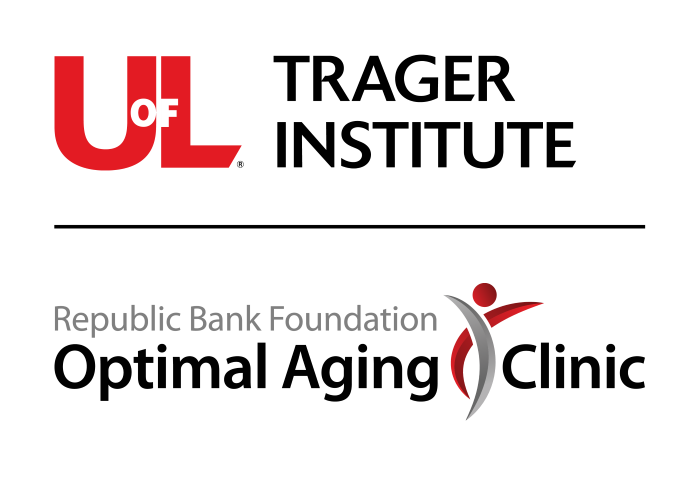Compassionate Cities Index
Measuring Compassion
The Compassionate Cities Index will use a combination of objective and subjective data to measure compassion at the city level. The objective and subjective data will be collected across nine domains:
- Psychological Well-Being
- Community Disparities
- Community Vitality
|
- Health
- Governance
- Ecological Resilience
|
- Educational Attainment
- Compassionate Business
- Standards of Living
|
Objective Measures
Objective measures will help us measure how compassionate the city and its services are at the zip code level. Data will be collected from public and private partner databases and look at measures across the nine domains. These measures were selected after reviewing other prominent indexes. For the current list of objectives measures that we are using, please click here.
Subjective Measures
Subjective measures will help us understand how compassionate the people of Louisville are by measuring indicators of compassion like self-esteem, health, connection to family and community, self-compassion, love, spirituality, and empathy. These indicators will be measured through a brief survey using the validated research scales listed below.
Individual levels of compassion will also be explored through semi-structured interviews with participants from every Louisville zip code. If you are interested in participating in an interview, please contact Lauren Humpert at 502-852-5228 or by email at [email protected].
- Demographics. Demographic information including: zip code, gender, race and ethnicity, age, marital status, years of education, income, number of children, employment status and employer.
- The SF-8 Health Survey (Ware, 2001) is an 8-item scale that measures Physical Functioning, Role Physical, Bodily Pain, General Health, Vitality, Social Functioning, Role Emotional, Mental Health. SF-8 uses just one item for each health domain, making it easier to complete and a good alternative to the SF-36v2 and the SF-12v2 for large-scale population survey efforts (Maurish & Turner-Bowker, 2009).
- Eight questions from the Bhutan Gross National Happiness Index (2014) about community, neighbors, and family.
- The Single-Item Self-Esteem Scale (Robins, Hendin, & Trzesniewski, 2001) will assess self-esteem. This item shows good reliability (α=0.75) based on the Heise procedure that provides an estimate of reliability based on its pattern of autocorrelations over three points in time. The item, “I have high self-esteem” is measured on a 5-point Likert scale ranging from 1 = not very true of me to 5 = very true of me.
- The 20-Item Sorokin Love Inventory that measures the intensity, extensity, purity, adequacy and duration of love which concepts were developed by Sorokin (Sorokin, 1954) and studied by researchers (D’Ambrosio & Faul, 2013; Levin & Kaplan, 2010). The subscales demonstrate reliability ranging from α=0.65 to α=0.92.
- The 12-item short form of the Self-Compassion Scale (Neff, 2003; Raes, Pommier, Neff, & Van Gucht, 2011) will assess self-compassion. This scale demonstrates high internal consistency (α =0.86) with the correlation between the short and long form of the scale being 0.98(Raes et al., 2011).
- Spirituality Questionnaire (Parsian, 2009). The items on the Spirituality Questionnaire (SQ) revealed factor loading
|

